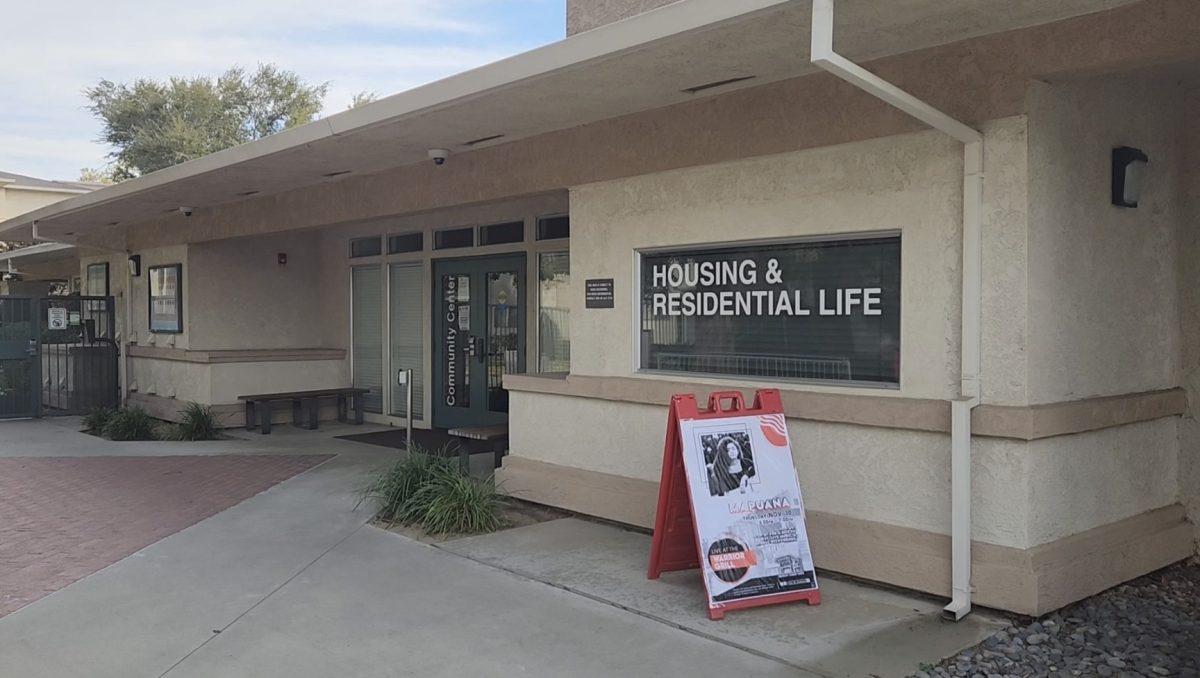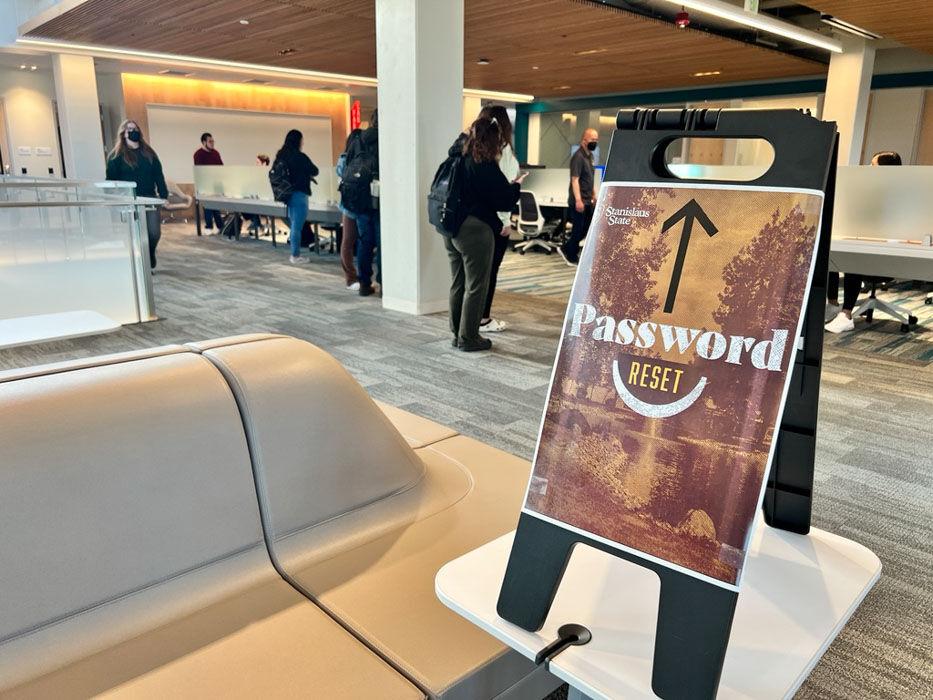With Warrior Day cancelled at California State University, Stanislaus there is a lot of haste to assign blame as to why the event will no longer be held. The decision to cancel Warrior Day, made by the Associated Students Inc. (ASI), came after the Office of Student Affairs announced that alcohol sales are prohibited this year. However, the ongoing problem is not alcohol—it is the unwillingness of ASI and the administration to reach a compromise.
On March 23, Vice President for Enrollment and Student Affairs, Dr. Suzanne Espinoza, denied the selling of alcohol at Warrior Day. Espinoza stated that there are health and safety issues—that center on Warrior Day—which include binge drinking, underage drinking and disorderly conduct.
The argument could be made that several holidays around the United States encounter the same problems on a national scale. Yet, there is no need to prohibit alcohol sales during Independence Day or even Christmas because some adults cannot responsibly consume alcohol.
For ASI, they had only three days to produce an adequate rebuttal against Dr. Espinoza’s decision. As a result of having very little time, ASI felt that the only logical solution was to cancel Warrior Day this year. To further complicate the matter, ASI voted “no confidence” in Espinoza and requested her termination or resignation to the University President.
Overall, ASI has seen better days. From the outside looking in, canceling Warrior Day over alcohol is similar to children running home with their football because the game is not going the way they planned. On top of that, voting for Espinoza’s dismissal will not solve any long-term problems. In essence, since the issue of alcohol related problems with Warrior Day will still exist, future Vice Presidents for Enrollment and Student Affairs could submit the same decision as Espinoza.
Nevertheless, ASI is not the only one looking bad in this situation.
There is ultimately a major hypocrisy in not allowing ASI to serve alcohol at Warrior Day. For instance, CSU Stanislaus allows students to purchase alcoholic beverages at The Warrior Grill. If the administration believes that students are responsible enough to consume alcohol at The Warrior Grill, then there must be some alternative to sell alcohol at Warrior Day.
In the past, ASI has made valiant efforts to ensure that binge drinking does not get out of hand during Warrior Day. They have increased security, banned outside alcohol and even put a limit on how many alcohol beverages can be purchased by an individual over the age of 21.
By prohibiting alcohol sales at Warrior Day, CSU Stanislaus rid themselves of any legal responsibility that comes with the selling of alcohol—including accidents and crimes. However, by not serving beer at the event, it could only encourage those in attendance to sneak in outside alcohol.
Essentially, Warrior Day has been a vital part of CSU Stanislaus’ tradition that has lasted 50 years. It offers great relief for worn-out students that need a break after hours of studying for finals. In the end, ASI may not want an alcohol-free Warrior Day, but it may be the only solution to save the event in the long run.
Categories:
End the blame game and bring back Warrior Day
By Wally Jacobs
•
April 17, 2012
0
More to Discover






